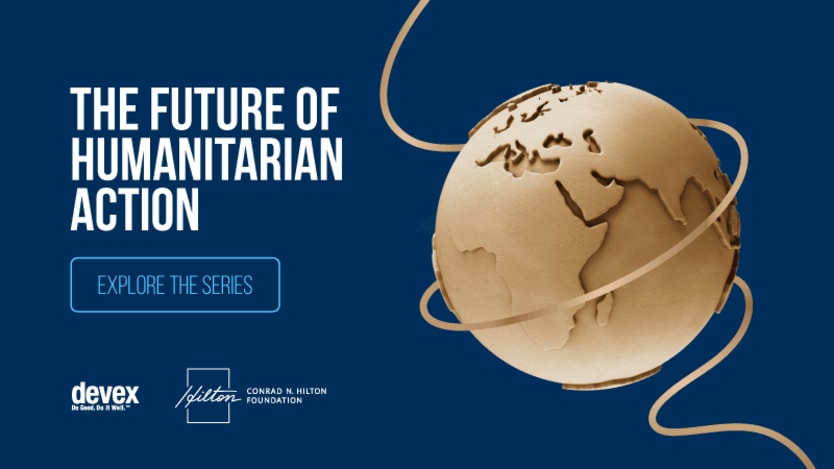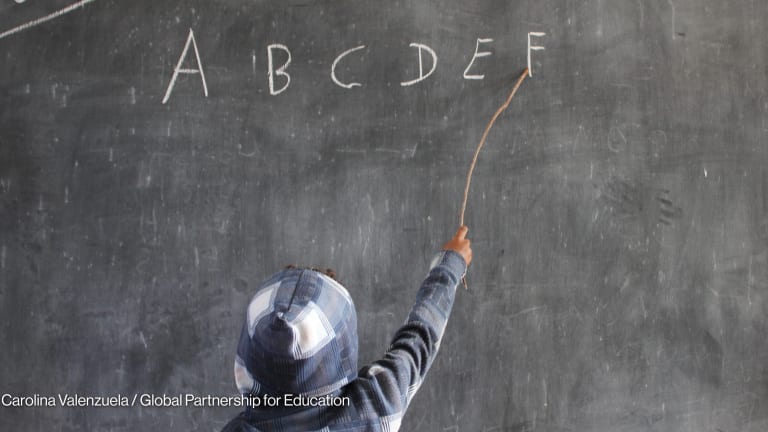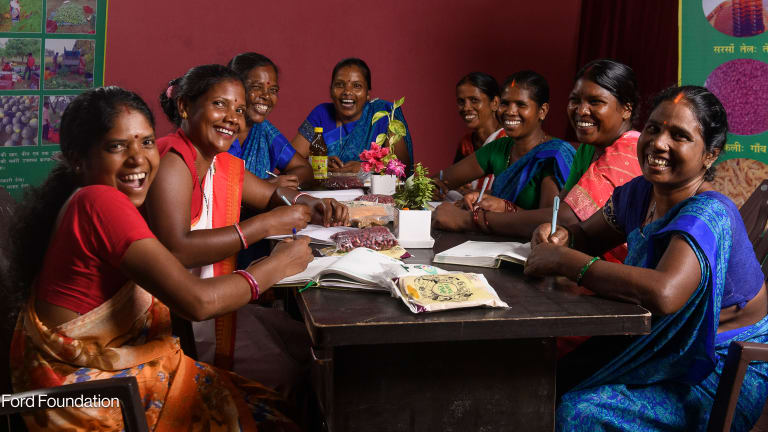
Girls’ education has been deemed a “silver bullet” for some of the biggest development challenges. It has been likened to a Swiss army knife because of the range of tools it offers for international development, and is acclaimed by world leaders and leading economists for its impact on health, social welfare, economic prosperity, and climate change.
There is, however, an inherent risk in presenting girls’ education as a fix-it for the world’s problems. On one hand, it places the burden of these problems on girls’ shoulders; while on the other, it deflects from the fundamental, structural inequalities that are at the root of these problems and perpetuate girls’ and women’s marginalization.
Take the improvements in family health and welfare linked to girls’ education. Rather than being indicative of girls’ empowerment, these improvements may instead reflect the fact that educated women are better able to cope with inadequate public services and mitigate their impact on their families. In other words, girls’ education is effectively equipping girls and women to bear the brunt of failed systems.
Unless we are prepared to confront this risk and tackle the root causes of girls’ exclusion and marginalization, we will only unlock a mere fraction of the potential of girls’ education.
Even if we see an increase in girls’ school enrollment, this will not necessarily translate to a meaningful shift in their post-school prospects and life outcomes. We will miss the opportunity to achieve the kind of systemic change that leads to social justice and sustainable development.
Taking on the challenge
If we are to take on this challenge, we need to embrace a fresh perspective on girls’ education. That means delineating between girls’ education and women’s leadership so that the former is recognized for what it is: The precursor to a fundamental disruption of the status quo that will ultimately lead to systemic change.
The challenge of climate change illustrates the urgency for this shift.
Today’s girls are tomorrow’s women leaders, and studies show that greater representation of women in leadership results in more equitable policies and better systems.
—Girls’ education has been widely recognized as the key to mitigating climate change because of its effect on family size, thereby decreasing pressure on natural resources and lowering carbon emissions. In fact, combined with access to family planning services, girls’ education has been cited as one of the most effective strategies to combat climate change.
But there is a downside. The global push for girls’ education risks being interpreted as a means of population control in countries where per capita emissions are a mere fraction of those in high-income countries.
This risks overshadowing the ethical imperative of improving girls’ education in the context of climate change, and its critical value to individuals who, through their education, become better positioned to make climate-smart choices and to cope with the repercussions of climate disruption.
Evidence also points to the fact that women’s leadership leads to better environmental decision-making.
According to Mary Robinson, former Irish president and current high commissioner for human rights at the United Nations, “climate change is a man-made problem and must have a feminist solution.” The foundation for women’s leadership — for women to step into positions of authority on climate action — is girls’ education. From this perspective, the case for girls’ education in combating climate change is incontrovertible.
Today’s girls are tomorrow’s women leaders, and studies show that greater representation of women in leadership results in more equitable policies and better systems. If we embrace this perspective, it can change how we address girls’ exclusion from school.
It requires us to confront the fact that even when girls go to school, they often only participate in the margins, resulting in high drop-out rates. Unless we address this, girls’ marginalization in the school system will metastasize into marginalization in other systems — political, health, judicial — thus undermining their prospects for leadership. We therefore need to focus on how obstacles to girls’ education can be dismantled so that girls graduate from school as empowered citizens and as future leaders.
How to put girls’ education first
Our organization, the Campaign for Female Education, or CAMFED, provides an example of how this can be done. We focus on how the system can be made accountable to the poorest, most marginalized girl so that the system works for her.
The outcome of this approach is evident in the cadre of empowered women leaders in the CAMFED Association, the pan-African network founded by the first groups of young women to complete secondary school with CAMFED’s support. The association has a growing membership, now numbering nearly 178,000, with lawyers and policymakers among them.
Omega Mitepa, a member in Malawi, expressed the profound impact of placing a leadership lens on girls’ education in changing the way girls see themselves and how others see them: “Through our education, we have gone from being nobodies to becoming somebodies.”
There is growing global recognition of the importance of women’s leadership in transforming systems in health, education, and economic development. The recent Generation Equality Forum saw new, major commitments to advance women’s leadership from the Ford Foundation and the Bill & Melinda Gates Foundation. Co-Impact has also announced its new Gender Fund with the stated aim: “to accelerate progress towards gender equality and women’s leadership.”
The beginning of transformative systemic change is girls’ education. If we embrace the perspective that today’s girls are tomorrow’s female leaders, then girls’ education is the precursor to a fundamental disruption of the status quo. Rather than being a panacea for global problems and a veneer for tackling structural inequalities, girls’ education is the entry point to doing so.
Read more about CAMFED’s work.
Visit the future of humanitarian action series for more coverage on the pressing humanitarian issues that exist today and a discussion around how we must build our future together. You can join the conversation using the hashtag #humanitarianfuture.










